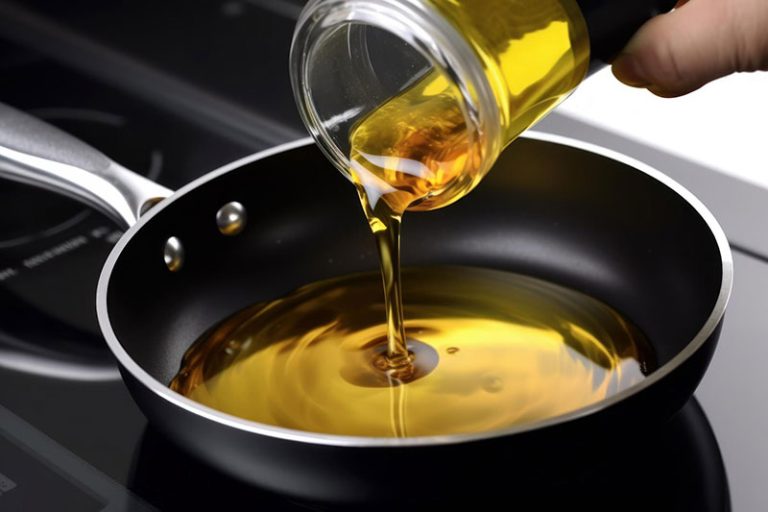The Science of Transformation: Turning Oil into Biodiesel
Every day, your restaurant’s fryers produce gallons of used cooking oil, a substance that might seem like a waste but holds incredible potential. This oil can be transformed into biodiesel, a renewable energy source that benefits businesses and the environment alike. The science behind this transformation is as fascinating as it is impactful, turning what was once a burden into a solution for a more sustainable future.
From Kitchen to Conversion: The Journey Begins
The transformation of cooking oil into biodiesel begins right in your kitchen. Proper collection and storage are essential to ensuring the oil remains viable for recycling. Storing used oil in sealed, leak-proof containers protects it from contamination and maintains its quality. These containers should be kept in a cool, dry area, away from heat sources, to prevent spoilage or safety hazards.
Once collected by your recycling partner, the oil is transported to a processing facility. At this point, the scientific magic begins. The journey from fryer grease to clean-burning biodiesel is a testament to innovation and precision.
Breaking Down the Biodiesel Conversion Process
The first step in the conversion process is filtration and pre-treatment. During this phase, impurities such as food particles and water are removed from the oil. This step ensures that the raw material is clean and ready for the chemical reaction that will transform it into biodiesel.
The core of the process is called transesterification. Here, the filtered oil is mixed with methanol and a catalyst, such as sodium hydroxide or potassium hydroxide. The catalyst facilitates a chemical reaction that breaks down the triglycerides in the oil into methyl esters (biodiesel) and glycerol.
After the reaction, the biodiesel is separated from the glycerol, a byproduct that itself has commercial value in industries like cosmetics and pharmaceuticals. The biodiesel then undergoes purification to remove any remaining impurities or excess methanol. This final step ensures the fuel meets ASTM standards, guaranteeing its quality and compatibility with diesel engines.
The Environmental Advantages of Biodiesel
Biodiesel derived from used cooking oil offers numerous environmental benefits. It reduces greenhouse gas emissions by up to 78% compared to petroleum diesel, making it a powerful tool in the fight against climate change. Unlike fossil fuels, biodiesel is biodegradable, meaning it breaks down naturally and doesn’t linger in the environment, causing harm.
Furthermore, biodiesel doesn’t produce sulfur oxide emissions, a significant contributor to acid rain. It also generates fewer particulates, resulting in cleaner air and healthier communities. These benefits make biodiesel one of the most sustainable fuels available today.
Why Businesses Should Care About Biodiesel
For restaurants, participating in biodiesel production through recycling programs is not only an environmental decision but also a practical one. By recycling used cooking oil, businesses reduce waste disposal costs and may even earn rebates for their contributions. These financial incentives, combined with the positive impact on the planet, create a compelling case for involvement.
Beyond the financial and operational benefits, aligning with biodiesel production enhances a restaurant’s brand. Consumers increasingly prefer businesses that prioritize sustainability. By contributing to renewable energy, your restaurant can position itself as a leader in environmental responsibility, attracting eco-conscious customers and fostering loyalty.
Longview: Your Partner in Innovation
At Longview Environmental Company, we take pride in providing top-tier collection containers to ensuring that every drop of oil is utilized effectively. We manage the entire recycling process with precision and care.
Together, we can turn your kitchen waste into a powerful force for change.
Fueling a Cleaner Future
The transformation of used cooking oil into biodiesel is more than just a scientific achievement—it’s a solution that benefits businesses, communities, and the planet. Every gallon of oil you recycle contributes to a cleaner, greener future.
Now is the time to act. Let Longview help you make the transition to sustainability seamless and impactful. Contact us today to learn more about how your kitchen can fuel a better tomorrow.








